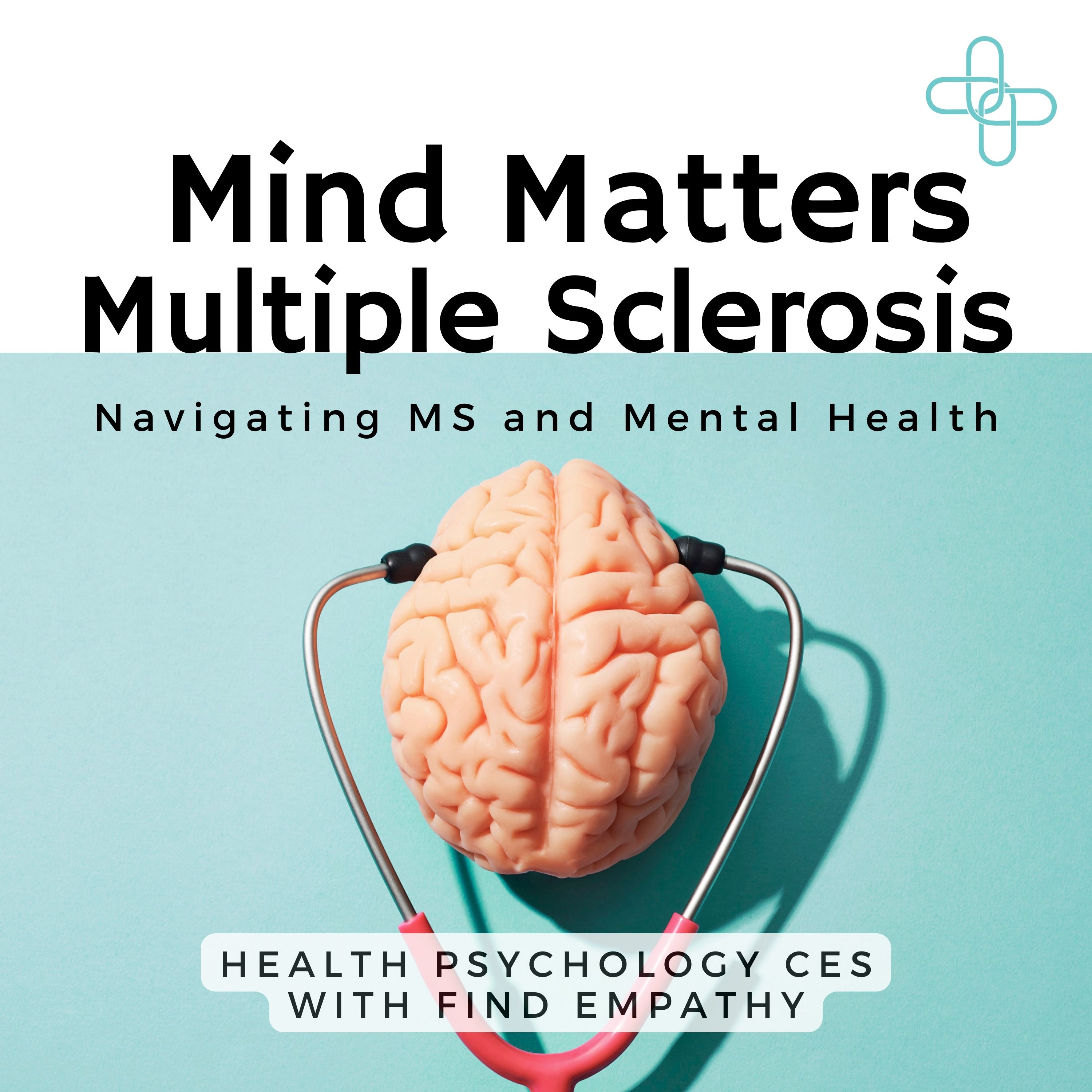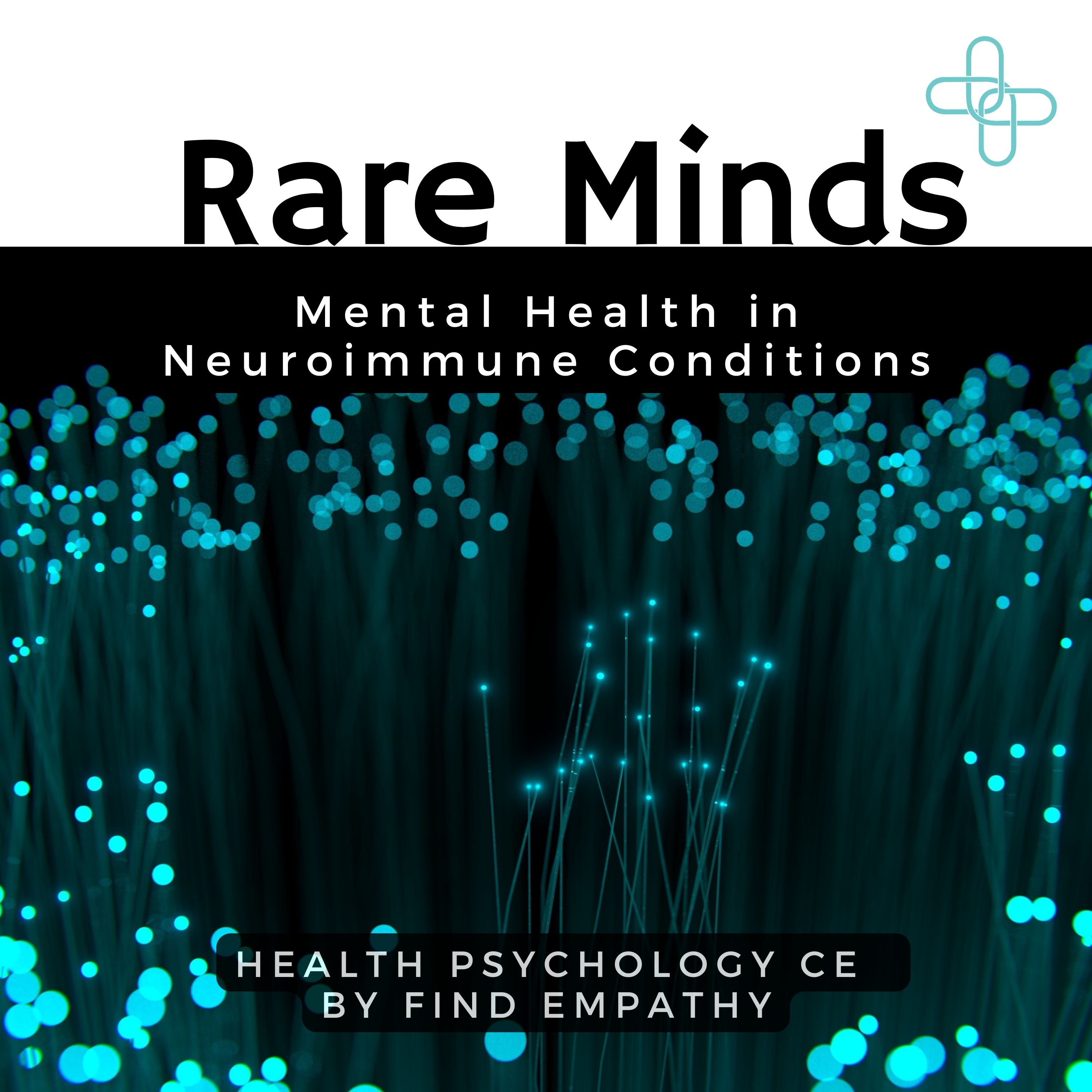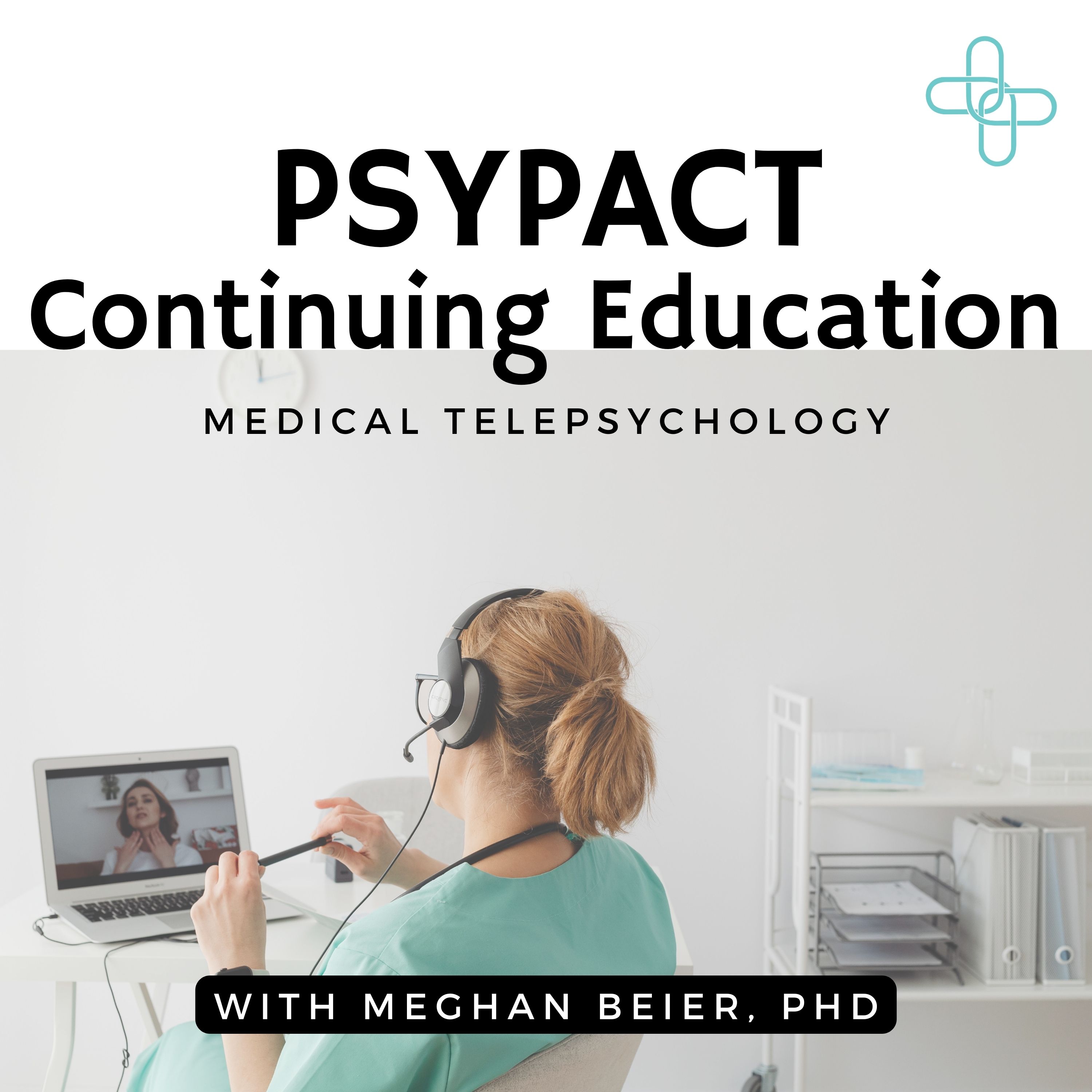CONTINUING EDUCATION
If you are a mental health provider and want CE credits for listening this episode, go to: Multiple Sclerosis: How is it Treated?
To find out more about our courses visit: FindEmpathy.com/learn.
PODCAST SUMMARY
Adherence to disease modifying treatments (DMT), as well as health promoting behaviors, can have a major impact on prognosis and clinical outcomes in persons with multiple sclerosis (MS). However, some studies demonstrate poor adherence, especially for injectable DMTs (only 41-88%). It is important for the psychologist treating an individual with multiple sclerosis to understand the different types of DMTs (e.g., injectable vs. oral vs. infusions). They should also understand barriers that may impact uptake or adherence, such as needle phobia, or worry about severe side effects such as progressive multifocal leukoencephalopathy (PML) infection. Helping patients understand "shared decision making" in regard to medication, could lead to increased adherence due to increased sense of agency with the chosen medication. This course will teach psychologists and mental health providers about the different types of DMTs used by individuals with MS, common barriers to adherence, and the concept of patient-provider shared decision making.
Upon completion of this course, participants will be able to:
You will hear from three experts:
RESOURCES DISCUSSED IN THIS EPISODE
COST
Listening, reading, or watching the course content is free.
Pay only if you need the continuing education credits. This course costs $20 and provides 1 CE credit.
CE APPROVALS

CONTINUING EDUCATION If you are a psychologist and want CE credits for listening this episode, click on this link: https://learn.findempathy.com/courses/FirstDescents To find out more...

PODCAST SUMMARY In this podcast episode, we delve into the world of rare neuroimmune disorders such as neuromyelitis optica (NMO), transverse myelitis, myelin oligodendrocyte...

CONTINUING EDUCATION If you are a psychologist or social worker and want CE credits for listening this episode, click on this link. To find...